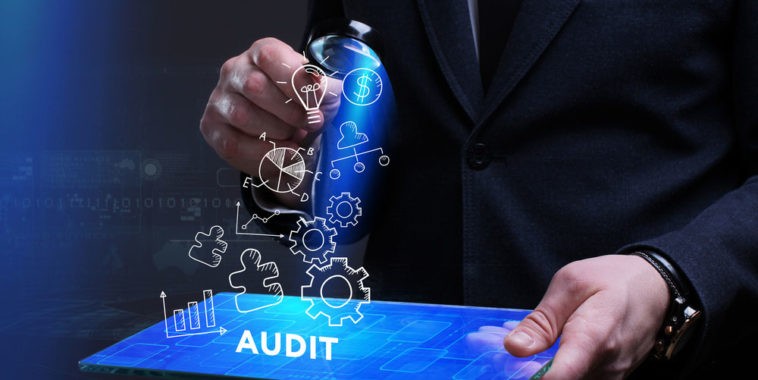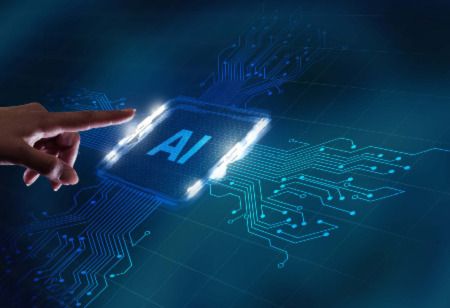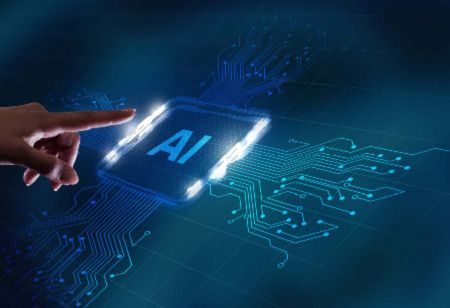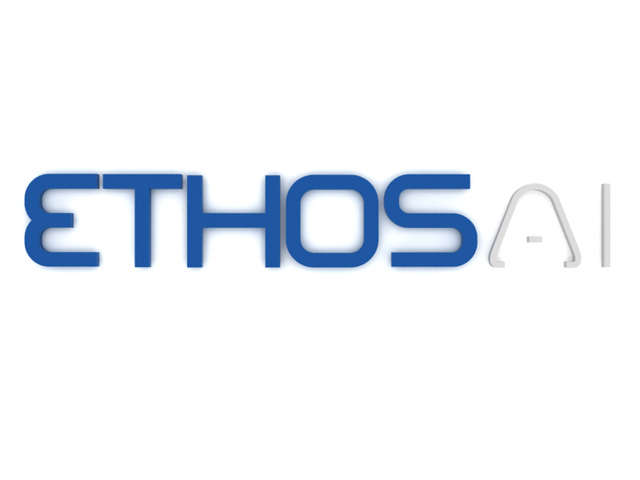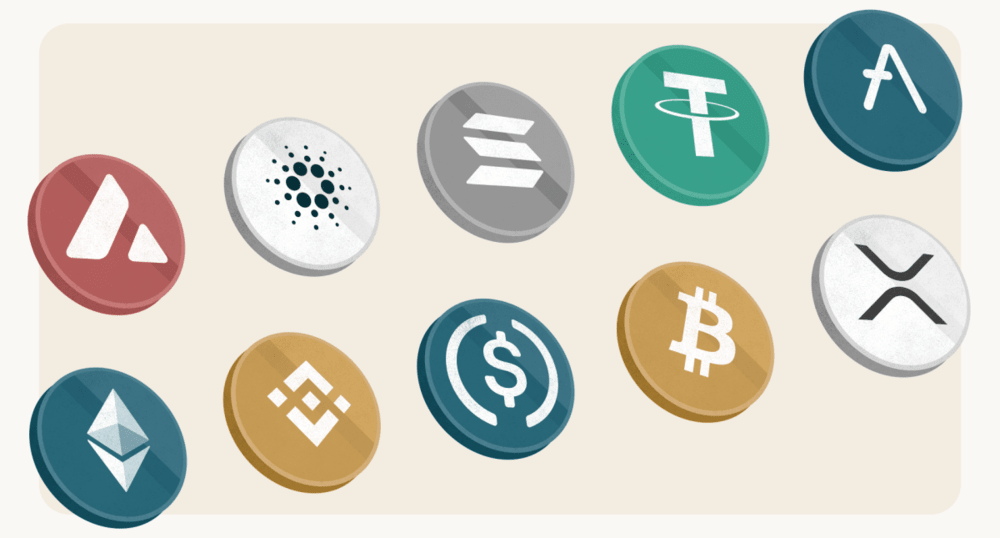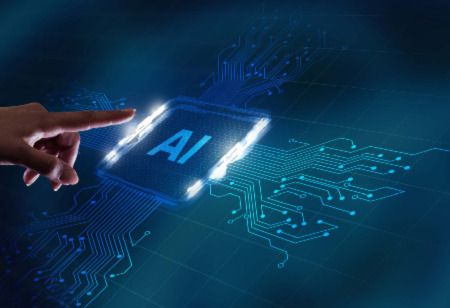 Conversion-Focused Landing Pages – More Leads, Less Bounce!
Conversion-Focused Landing Pages – More Leads, Less Bounce!
The Impact of RWA Tokenization on Global Asset Markets
Written by Yashika Sharma » Updated on: June 17th, 2025

The concept of tokenization is revolutionizing various industries, and its impact is especially significant in global asset markets. Real-world assets (RWA), including real estate, commodities, stocks, and other physical or tangible assets, are now being represented in the digital world through blockchain technology. This process, known as RWA tokenization, is reshaping the way investors and institutions interact with asset markets globally. In this article, we explore the profound effects of RWA tokenization on the global financial landscape, highlighting the key benefits, challenges, and future potential.
What is RWA Tokenization?
RWA tokenization refers to the process of converting real-world assets into digital tokens that can be traded, transferred, or divided on a blockchain. Each token represents a fractional ownership of the underlying asset. For example, a real estate property can be tokenized into digital tokens, each representing a small percentage of ownership in the property. These tokens can then be bought, sold, or transferred on blockchain-based platforms, allowing for greater liquidity, accessibility, and transparency.
Benefits of RWA Tokenization in Global Asset Markets
1. Increased Liquidity
One of the most significant advantages of RWA tokenization is the enhanced liquidity it brings to traditionally illiquid assets like real estate, art, or private equity. Through tokenization, these assets can be fractionally owned, making it easier for investors to buy and sell smaller portions of high-value assets. This fractional ownership democratizes access to assets that were previously limited to high-net-worth individuals or institutional investors.
For example, investors can now purchase tokens that represent a portion of a luxury property or a high-value painting, enabling broader participation in markets that were once exclusive. This increase in liquidity also makes it easier for owners of large assets to raise capital or sell portions of their holdings without having to divest the entire asset.
2. Greater Transparency and Security
Blockchain technology, which underpins tokenization, ensures that all transactions are recorded on an immutable ledger, enhancing transparency and security. Every transaction involving RWA tokens is verifiable and traceable, reducing the chances of fraud or manipulation. Investors can have confidence in the authenticity of the assets they are trading, and regulatory bodies can easily monitor market activity.
Smart contracts, which are self-executing contracts with the terms directly written into code, further enhance the security and efficiency of RWA transactions. These contracts automate processes such as dividend payments, asset transfers, and compliance checks, reducing the need for intermediaries and streamlining the overall trading process.
3. Access to a Global Investor Base
Traditional asset markets are often confined to specific regions or investor groups due to regulatory barriers or logistical challenges. RWA tokenization breaks down these barriers by enabling cross-border trading of tokenized assets. This opens up global asset markets to a much larger pool of investors, increasing demand and potentially driving up asset values.
For instance, a tokenized real estate property in New York can attract investors from across the globe, including those who may not have the means to invest in the traditional property market. This global access to asset markets enhances the potential for diversification and allows investors to allocate capital more efficiently across various industries and regions.
4. Lower Transaction Costs
By removing intermediaries such as brokers, banks, and custodians, tokenization reduces the costs associated with asset transactions. Blockchain technology enables peer-to-peer trading, cutting down on the fees and commissions typically charged in traditional asset markets. This cost reduction benefits both buyers and sellers, making transactions more affordable and efficient.
5. Faster Settlement Times
In traditional asset markets, settlements can take days or even weeks to complete. With RWA tokenization, transactions can be settled almost instantly, thanks to the blockchain’s real-time processing capabilities. Faster settlement times reduce the risk of default, improve liquidity, and allow investors to respond more quickly to market changes.
Challenges and Risks of RWA Tokenization
Despite its many benefits, RWA tokenization faces several challenges and risks that need to be addressed for its widespread adoption in global asset markets.
1. Regulatory Uncertainty
One of the primary challenges in RWA tokenization is the lack of clear regulatory frameworks. Different countries have varying regulations regarding tokenized assets, and navigating these regulations can be complex for both issuers and investors. As governments and regulatory bodies work to develop comprehensive guidelines, the potential for legal and compliance risks remains a concern.
2. Technology and Infrastructure Barriers
While blockchain technology offers significant advantages, it is still a relatively nascent field. Issues such as scalability, interoperability between different blockchain platforms, and the need for robust security measures are ongoing challenges. Additionally, widespread adoption of tokenized assets requires the development of user-friendly platforms that can handle large-scale transactions efficiently.
3. Market Volatility and Investor Risk
As with any emerging market, RWA tokenization carries inherent risks. The volatility of digital assets and the possibility of market manipulation can pose risks to investors. Furthermore, tokenized assets may not always have a stable secondary market, making it difficult for investors to liquidate their holdings at favorable prices.
4. Ownership and Custody Issues
The tokenization of assets raises questions about ownership rights and custody. While blockchain provides a secure record of transactions, the legal recognition of tokenized ownership in traditional legal systems is still evolving. Determining the rightful owner of a tokenized asset in the event of disputes or fraud can be complicated without established legal precedents.
The Future of RWA Tokenization in Global Markets
The future of RWA tokenization is promising, with the potential to reshape global asset markets significantly. As regulatory frameworks become clearer and blockchain technology continues to evolve, tokenization could become a mainstream method for trading assets. Several sectors, including real estate, commodities, art, and private equity, are already experimenting with tokenization, and we can expect more industries to follow suit.
In the long term, RWA tokenization could lead to the creation of entirely new asset classes, where digital representations of assets are traded with unprecedented efficiency and transparency. The ability to fractionalize and digitize real-world assets will open up new opportunities for both retail and institutional investors, enabling greater diversification and more efficient capital allocation across global markets.
Conclusion
RWA tokenization is poised to have a profound impact on global asset markets, offering increased liquidity, transparency, and accessibility. While challenges such as regulatory uncertainty and technological barriers remain, the potential benefits are too significant to ignore. As blockchain technology continues to develop and legal frameworks catch up, the tokenization of real-world assets could become a cornerstone of the future financial system, transforming how assets are traded, owned, and managed across the globe.
Note: IndiBlogHub features both user-submitted and editorial content. We do not verify third-party contributions. Read our Disclaimer and Privacy Policyfor details.
Copyright © 2019-2025 IndiBlogHub.com. All rights reserved. Hosted on DigitalOcean for fast, reliable performance.


